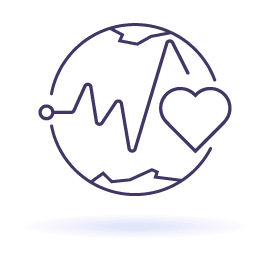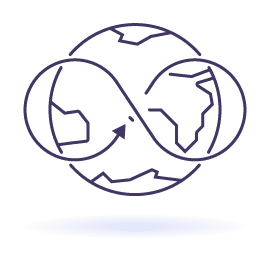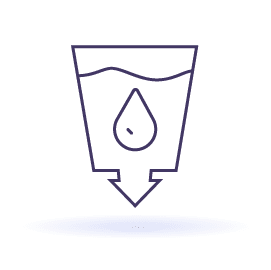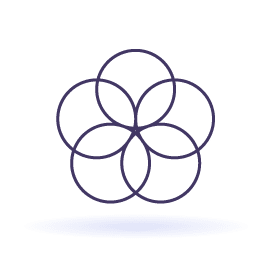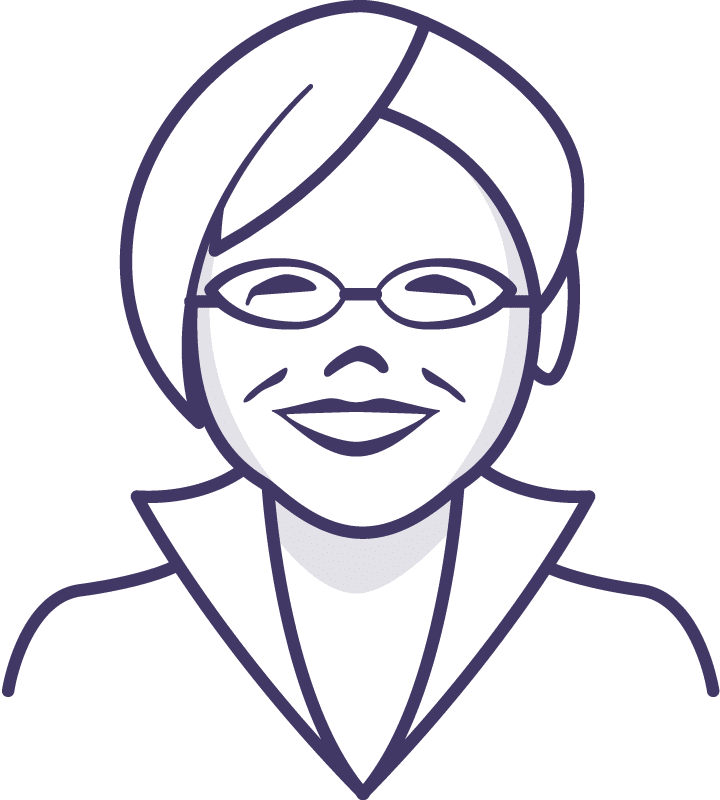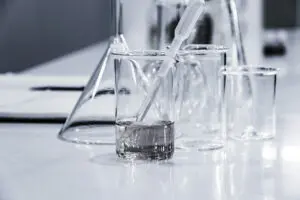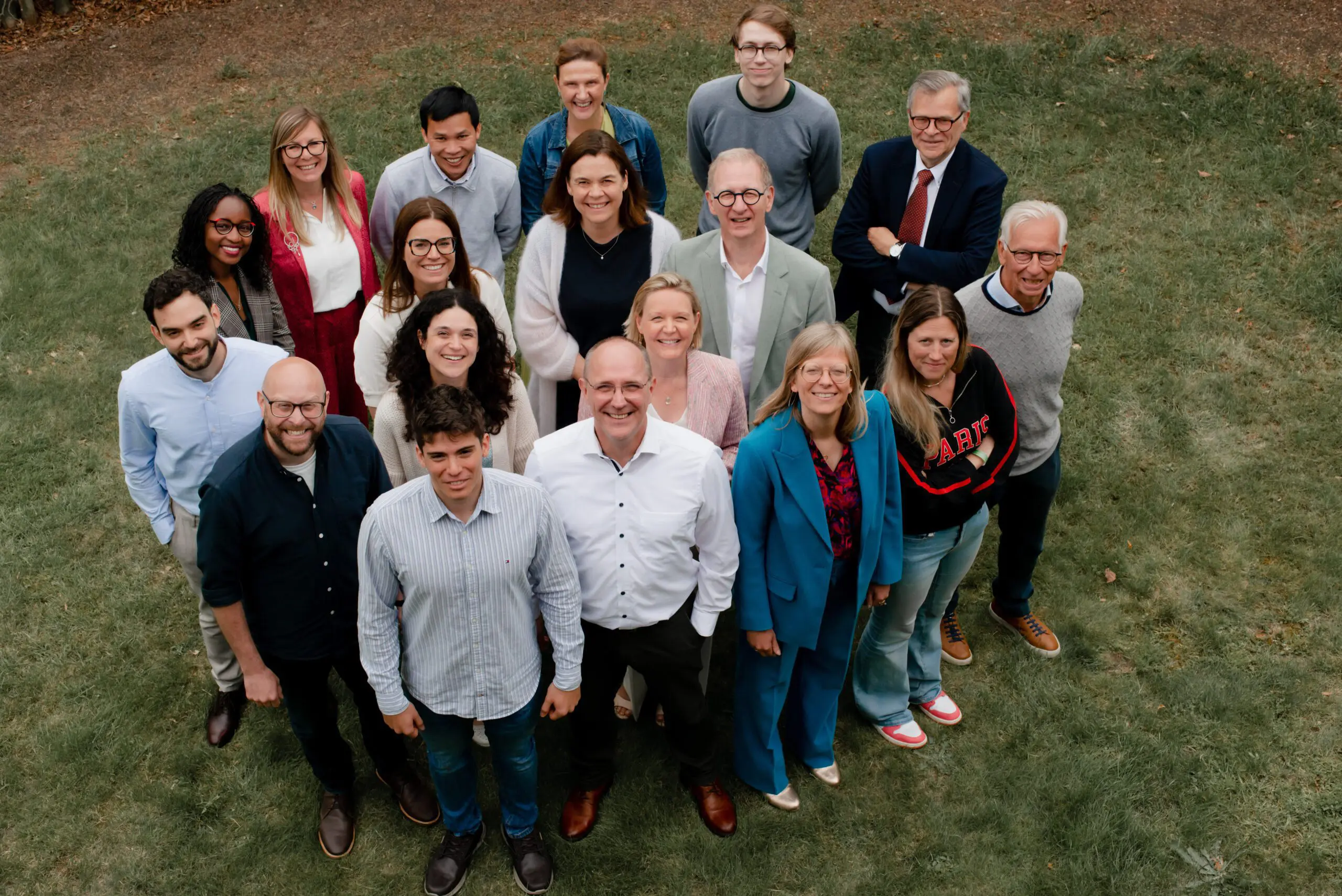Sustainability
Looking for ways to change away from our today’s throwaway society, Circular Economy is a more regenerative approach focused on re-using material in order to slow down depletion of our natural resources. In the Circular Economy, waste becomes a resource.
Research shows that such an approach could boost Europe’s resource productivity by 3 percent by 2030, generating cost savings of €600 billion a year. Find out how Apeiron-Team can assist you in becoming more “sustainable”…
Sustainability
Do not waste “waste” when it can be a resource for your business!

As a result of the European Green Deal, recycling and recovery of materials from waste is an important, ever-growing domain for manufacturers, importers and downstream users of chemicals alike.
The Waste Framework Directive and its interaction with other legislation (e.g. REACH) is critical to taking informed decisions on regulatory compliance approaches for the recovery and recycling of waste substances.
Apeiron has extensive experience in the recycling industry and can support recyclers and importers of recycled material with ensuring compliance with regulatory requirements.
Apeiron provides support at each stage of waste handling, from waste generation to product recovery (e.g. End-of-Waste status – self-assessments or applications) and beyond, to ensure your compliance strategy is the correct choice for your business.
Contact our expert
For more details on how we can support your business.

Hiram Moerman
Contact Our Expert.
Are you a manufacturer or importer of a recycled/recovered substance from waste? Prove it!
For a recovered material to no longer be considered waste, it must be shown to have reached End-of-Waste status.
The Waste Framework Directive specifies EU-wide product specific criteria, however, the majority of recovered products handled within the EU are not covered at EU-level. Instead, the product must be proven to have reached End-of-Waste status at national or regional level.
The exact End-of-Waste determination procedure differs between EU member states and regions, as well as the reporting obligations and criteria that the recovered substance must satisfy. Take a peek below at our regional-specific guide to End-of-Waste determination!
Unsure on the End-of-Waste determination procedure in your relevant region? Need an assessment (or a second opinion) that your recovered substance is, indeed, no longer waste? Or require support in fulfilling your End-of-Waste reporting obligations? Apeiron can help.
Apeiron has extensive experience in supporting End-of-Waste assessments and applications throughout the majority of EU, including in regions beyond those presented in the guide above.
Move away from toxic substances, search for the better alternative.
The EU commission “Green Deal” program includes an ambition to achieve a toxic free environment. It can only be achieved by gradually substituting toxic substances with less toxic substances. However, toxicity is a concept with different aspects and comparing the toxicity of substances can be complex.
On the other hand when risk rather than hazard is the focus, the toxicity needs to be translated into risk throughout a life cycle of a substance. This requires experienced risk assessors who are familiar with such assessments.
For this purpose, Apeiron-Team proposes a structured approach for alternative assessment. This assessment goes beyond comparing the hazard of the substance but also takes into account the exposure in the life cycle, the technical feasibility and other criteria. By doing so, real alternatives can be distinguished from regrettable substitutions.
Contact our expert
To discuss opportunities on assessing alternatives for your current use of chemical substances.

Hiram Moerman
Contact Our Expert.

Are you placing an article on the EU market that contains SVHCs? Get your SCIP notification in place!
This obligation results from the 2018 update of the Waste Frame Directive and aims at identifying all articles placed on the Eu market which contain substances present on the candidate list in a concentration above 0,1%. This obligation comes into force as of January 5th 2021. The publicly available SCIP database ensures that the information on articles containing Candidate List Substances is available throughout the whole lifecycle of products and materials, including at the waste stage.
Implementing a SCIP database is far and foremost an IT effort. Apeiron-Team can direct your IT team towards the best practices.
Contact our expert
To help you understanding and complying with your SCIP obligations.

Mike Crawford
Contact Our Expert.
How can you benefit from Circular Economy? Are you able to identify and quantify the opportunities the Circular Economy offers for your business? What are the regulatory barriers for more circular activity? What are the policy instruments that you could use to boost the Circular Economy in your company?

Starting from our knowledge of the chemicals legislations and our experience in the recycling and process industry, Apeiron is well placed to support companies in their goal to implement circular business flows. We provide strategic, and practical support for topic.
Contact our expert
To help you setting up your circular business strategy.

